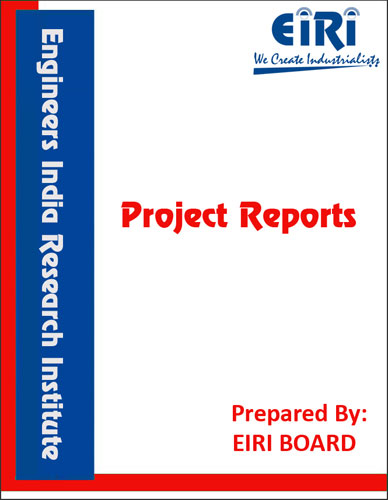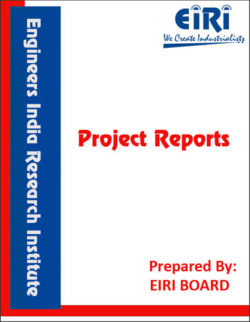POTASSIUM ANTIMONT TARTRATE
The project report includes Present Market Position and Expected Future Demand, Market Size, Statistics, Trends, SWOT Analysis and Forecasts. Report provides a comprehensive analysis from industry covering detailed reporting and evaluates the position of the industry by providing insights to the SWOT analysis of the industry.
We can prepare PROJECT REPORT as per your INVESTMENT PLAN for BANK LOAN REQUIREMENT and INDUSTRY ANALYSIS. All reports are prepared by highly qualified consultants and verified by a panel of experts.
Have Query? Click Here to Chat
Industry Expert is Online, Chat with him for more detail.

Antimony potassium tartrate, also known as potassium antimonyl tartrate, potassium antimontarterate, or emetic tartar, has the formula K2Sb2(C4H2O6)2 and is the double salt of potassium and antimony of tartaric acid. The compound has long been known as a powerful emetic.
Antimony potassium tartrates potential as an emetic was known since the Middle Ages. Today, the compounds is still used to induce vomiting in captured animals to study their diet. The antimonial drugs became widely used. However, the injection of antimony potassium tartrate had severe side effects such as
adams-stockes syndrome and therefore alternative substances were under.
Tartar emetic was used in the late 19th and early 20th century in patent medicines as remedy for alcohol intoxication.
1. INTRODUCTION
2. B.I.S SPECIFICATIONS
3. PROPERTIES OF ANTIMONY POTASSIUM TARTRATE OR
POTASSIUM ANTIMONY TARTRATE
4. USES AND APPLICATIONS
5. MARKET SURVEY
6. PRESENT MANUFACTURERS OF
ANTIMONY POTASSIUM TARTRATE
7. METHOD OF PREPARATION
8. MANUFACTURING PROCESS OF
POTASSIUM ANTIMONY TARTRATE
9. PROCESS FLOW DIAGRAM
10. MATERIAL SAFATY DATA SHEET FOR
ANTIMONY POTASSIUM TARTRATE
11. ADDRESSES OF RAW MATERIALS SUPPLIERS
12. ADDRESSES OF PLANT & MACHINERY SUPPLIERS
APPENDIX – A :
1. COST OF PLANT ECONOMICS
2. LAND & BUILDING
3. PLANT AND MACHINERY
4. FIXED CAPITAL INVESTMENT
5. RAW MATERIAL
6. SALARY AND WAGES
7. UTILITIES AND OVERHEADS
8. TOTAL WORKING CAPITAL
9. COST OF PRODUCTION
10. PROFITABILITY ANALYSIS
11. BREAK EVEN POINT
12. RESOURCES OF FINANCE
13. INTEREST CHART
14. DEPRECIATION CHART
15. CASH FLOW STATEMENT
16. PROJECTED BALANCE SHEET



